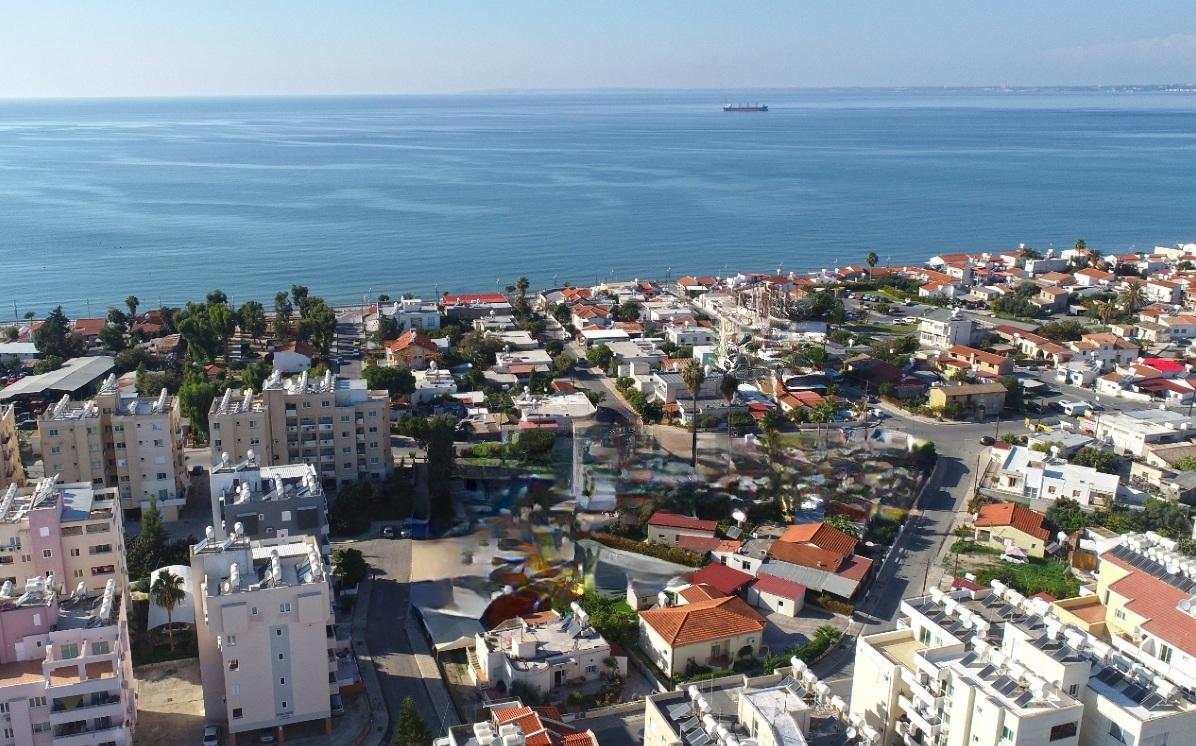The plenary session of the Cyprus Parliament unanimously approved amendments to the Turkish Cypriot Property Law.
The aim of the amendments is to update the existing legal framework in order to increase transparency of procedures, ensure equal access and fair distribution of property.
Interior Minister Constantinos Ioannou took part in the debate. Three oral amendments proposed by the DISY, AKEL, DIKO and DIPA parties were also adopted, which would
- establish the priority right of refugees to participate in tenders for Turkish Cypriot properties;
- set maximum rental periods;
- clarify transparent distribution criteria in the event of multiple interest.
The amendments also provide for a number of innovations in the distribution of property. In particular:
- Property not claimed by refugees may be transferred to other categories of citizens.
- In the event of the death of a refugee tenant, the right to rent can be transferred to his or her heirs if they have been living in the property. This right also extends to relatives up to the third degree.
- Under certain conditions, leasehold rights may be redistributed among refugees for the sole purpose of providing housing.
In addition, the procedure for providing land in areas recognised as special administrative zones has been updated. Such areas are now designated by a 'custodian' (property manager) on the basis of urban planning, economic or commercial characteristics. Decisions on these areas are approved by the Council of Ministers. Transfer of ownership in these areas is only possible through a competition. Cyprus has also changed the procedure for providing information on Turkish Cypriot properties available for rent. The period for publishing advertisements on the website of the Turkish Cypriot Property Management Service has been extended from 15 to 45 days. In addition, advertisements will be published in the daily press to ensure wider coverage and access to information.
Under the new rules, the 'administrator' will only be able to offer property to non-refugees if there is no interest from refugees - this applies mainly to agricultural land.
The changes thus aim to improve the fairness and efficiency of the management of Turkish Cypriot property and to provide wider and more transparent access to housing and resources for citizens, especially vulnerable groups.

It should be recalled that after the Turkish occupation of the northern part of Cyprus in 1974, the property of Turkish Cypriots in the south of the island was taken over by the Ministry of Interior of the Republic of Cyprus.
As Greek Cypriot refugees needed housing, the government decided to rent out the houses and apartments of Turkish Cypriots who had left in 1974. A small rent was charged for the properties. One of the conditions was that the property would be returned to its rightful owners, the Turkish Cypriots, if necessary.
In 1991, a special service was set up to manage Turkish Cypriot property, called the Guardian of Turkish Cypriot Properties. Since its inception, a number of violations have been identified in the process of renting out these properties. In particular, many tenants sublet the properties allocated to them, which is strictly prohibited. They did not declare the money they received from subletting to the Tax and Revenue Department and, consequently, did not pay taxes on it. This went on for at least ten years.
